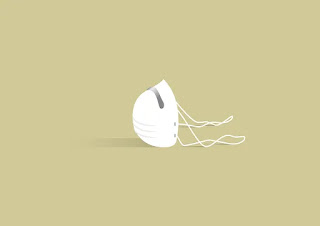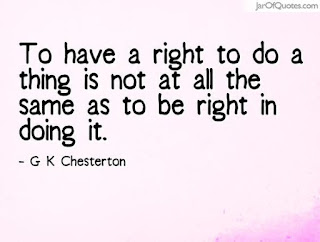Rare but precious are the times when I sit down to enjoy a story and midway through realize it's a story I've been needing to hear.
My latest viewing of Spiderman - Into the Spiderverse would be one of those times.
Those that know me probably know that I've been going through a lot of changes in my life lately -- learning how to get car insurance, moving into my own apartment, trying to deepen my Christian existence, etc.
Hot tip: No matter what anyone may have told you in the past, those things are pretty intimidating. And especially more so for someone like me, who's main talent is overthinking everything into existential crises. Every day questions pop into my head like:
"What if I can't pay the rent?"
"What if I lose my job?"
"What if my interests and dreams are all meaningless?"
"What if I let everyone -- including myself -- down?"
So it was a startling but comforting realization when I was trying to explain the whole premise of Into the Spiderverse to a friend and it came down to: 'Miles Morales [the main character] is a young man who is trying to find where he wants to go in life, but is intimidated by the responsibilities and expectations placed upon him. And then he becomes the next Spiderman.'
And if you know anything about Spiderman, you know that with great power comes great responsibility.
But what happens if your powers just aren't enough?
 |
| (All copyrights belong to Sony, MARVEL, etc. I don't get any money from this.) |
Overview: Getting into the Web-head's Head
We've been through dozens of Spiderman renditions throughout the years, but for myself, I find that the ones that linger the longest are the ones that don't necessarily focus on the Spiderman, but on the humanity of being Spiderman.
To really do this with style, the filmmakers made the decision to heighten Miles' problems by comparing him with several other male authority figures and a pair of kids who are much more successful than himself.
First there's his dad, a straight-laced, successful police officer, who pushes Miles to test himself and become a better man.
Then there's his Uncle Aaron, the epitome of cool, who takes him out at night to express his artistic nature by spray-painting subway tunnels and gives him advice on how to impress the girls at his new school.
After this, due to a super-villain's reality-shifting machine complication, we meet the rest of the spider-gang, and through this start looking at Miles' situation through the lenses of their masks, and we can see their problems -- For example, one Spiderman explores the idea of an adult who has failed and disappointed people, and now has no idea what to do anymore. Another Spiderman explores the concepts of grief and survivor's guilt, and whether or not it's better to get close to people when your life is so dangerous.
Oh, yeah, this is a kids' movie.
 |
| (All copyrights belong to Sony and MARVEL, etc.) (Do not try at home.) |
And then there's the villain.
Normally I'd say that if a villain isn't connected with the hero in some way, they won't work out, but in this case the Kingpin is a very compelling antagonist, as he embodies everything that Miles is not. He's in control, he has a vision for the future, he's confident, he's powerful, and most of all, he isn't scared. He can do whatever he wants. But that doesn't always lead to fulfillment.
Fair Warnings
For the most part, this is a rather family-friendly film. There's the standard amount of superhero punching, kicking, and animated violence. However, there are two scenes portraying car accidents, one scene of a character being shot (no blood is shown) and two characters are supposedly crushed to death (neither of which are shown on-screen, but we can sense the result.) There's also a sprinkling of profanity, though mostly from the Kingpin and his gang, so you could take that as a reflection of their immorality (like ye classic novels of old.)
Also, more as a general health warning, there are several sequences which include rapid flashing lights and colors, so if you have epilepsy, use caution.
Conclusion
The classic adage goes: "With great power comes great responsibility."
But nobody ever really talks about the alternative, "With great potential comes great adversity."
Growing up is rough. It seems like everyone else has it down while you're messing up at every turn. And sometimes you actually are. But you'll never know what you can do until you try. It's a leap of faith.
Consider this movie a hug to all those going through change.
Plus, y'know, it's got more Stan Lee Easter eggs than any other MARVEL movie AND has some pretty cool twist villains, so if that's not going to convince you to watch it, I don't know what else would...















